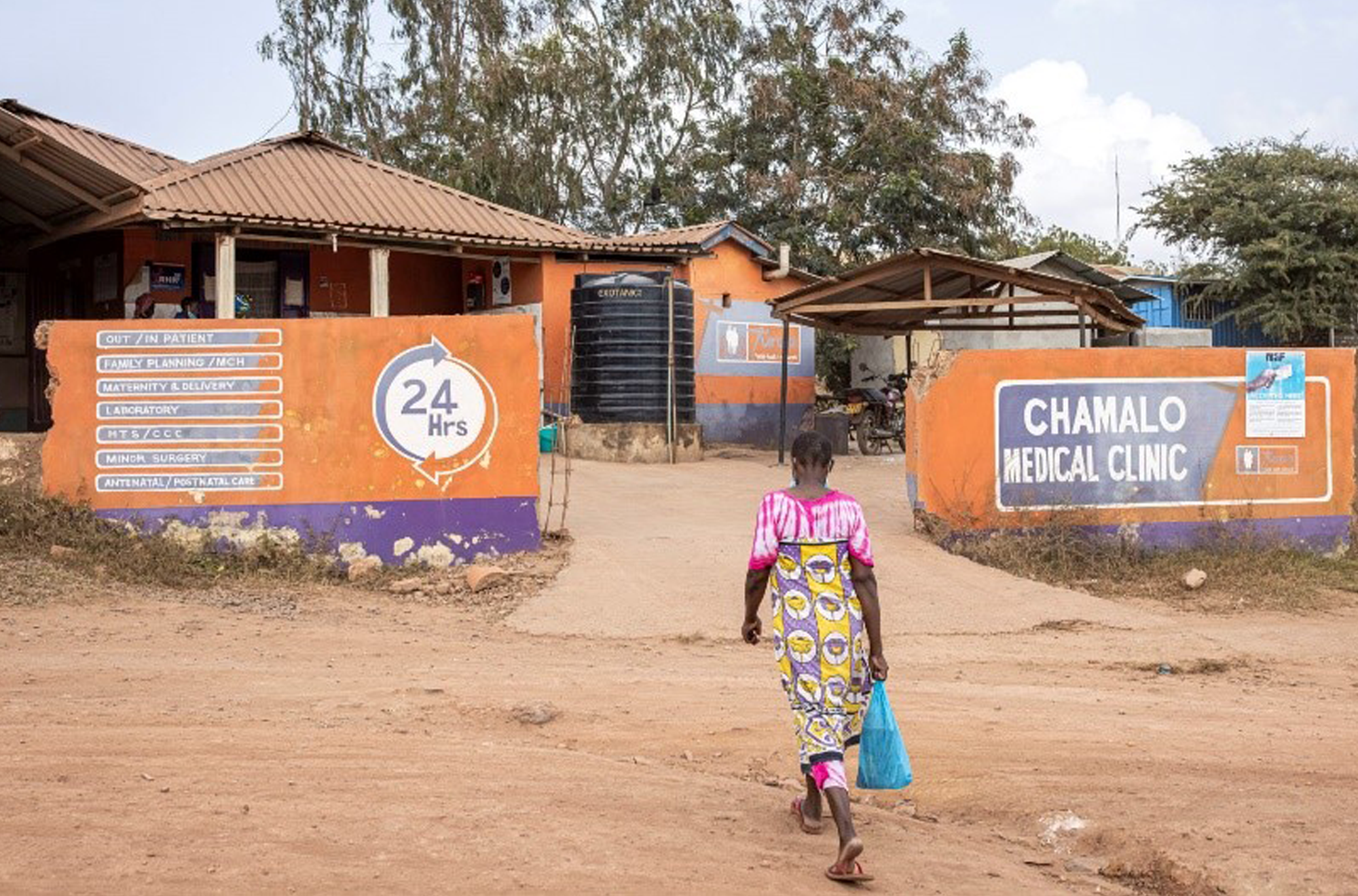
The High Court in Malindi has declared abortion-related arrests and prosecution illegal. This landmark ruling, made on 25 March 2022, now protects patients seeking abortion services as well as healthcare providers offering the services.
The Court noted that abortion care is a fundamental right under the 2010 Constitution of Kenya and that protecting access to abortion impacts vital Constitutional values, including dignity, autonomy, equality, and bodily integrity. The Court also ruled that criminalising abortion under the Penal Code without a Constitutional statutory framework is an impairment to the enjoyment of women’s reproductive rights.
The case on which the ruling was based was brought by the Center for Reproductive Rights and the Reproductive Health Network Kenya in November 2020 against government officials in the town of Malindi, Kilifi county. It involved a minor, aged 16, from Kilifi County, who experienced pregnancy-related complications and sought medical care at a nearby clinic. Upon examining her, the clinical officer determined that she had lost a pregnancy and proceeded to provide her with the needed care. This prompted police officers to storm the clinic and arrest the girl, along with the clinical officer, alleging the offence of abortion. The clinical officer was detained for one week while the girl was remanded to a juvenile facility for more than a month as she sought to secure the cash bail for her release.
The central issues were the right of a minor to receive reproductive health care, the right of a clinician to treat her, and the constitutional obligations of Kenya under its Constitution.
The 2010 Constitution permits abortion if in the opinion of a trained health professional, there is a need for emergency treatment, or the life or health of the woman is in danger. However, the 1963 Penal Code criminalised all abortion care, and that was seen to be included for abortions allowed under the Constitution.
Kenya’s 2010 Constitution recognises health care as a fundamental right – including access to reproductive health care, which includes abortion and post-abortion care, as well as access to emergency medical treatment. But facing strong opposition – often by the police – the government failed to update its Penal Code to align with its Constitution. A decade after the Constitution was enacted, abortion care remains almost unobtainable throughout the country.
The High Court therefore further directed Parliament to enact an abortion law and public policy framework that aligns with the Constitution.
Evelyne Opondo, Senior Regional Director for Africa, Center for Reproductive Rights, said: “Today’s victory is for all women, girls and healthcare providers who have been treated as criminals for seeking and providing abortion care… The Court has vindicated our position by affirming that forcing a woman to carry an unwanted pregnancy to term or to seek out an unsafe abortion is a gross violation of her rights to privacy and bodily autonomy. Further, the continued restrictive abortion laws inhibit quality improvement possible to protect women with unintended pregnancies.”
SOURCES: Center for Reproductive Rights, 25 March 2022 + PHOTO by Patrick Meinhardt for CRR; Capital FM Kenya, 26 March 2022



